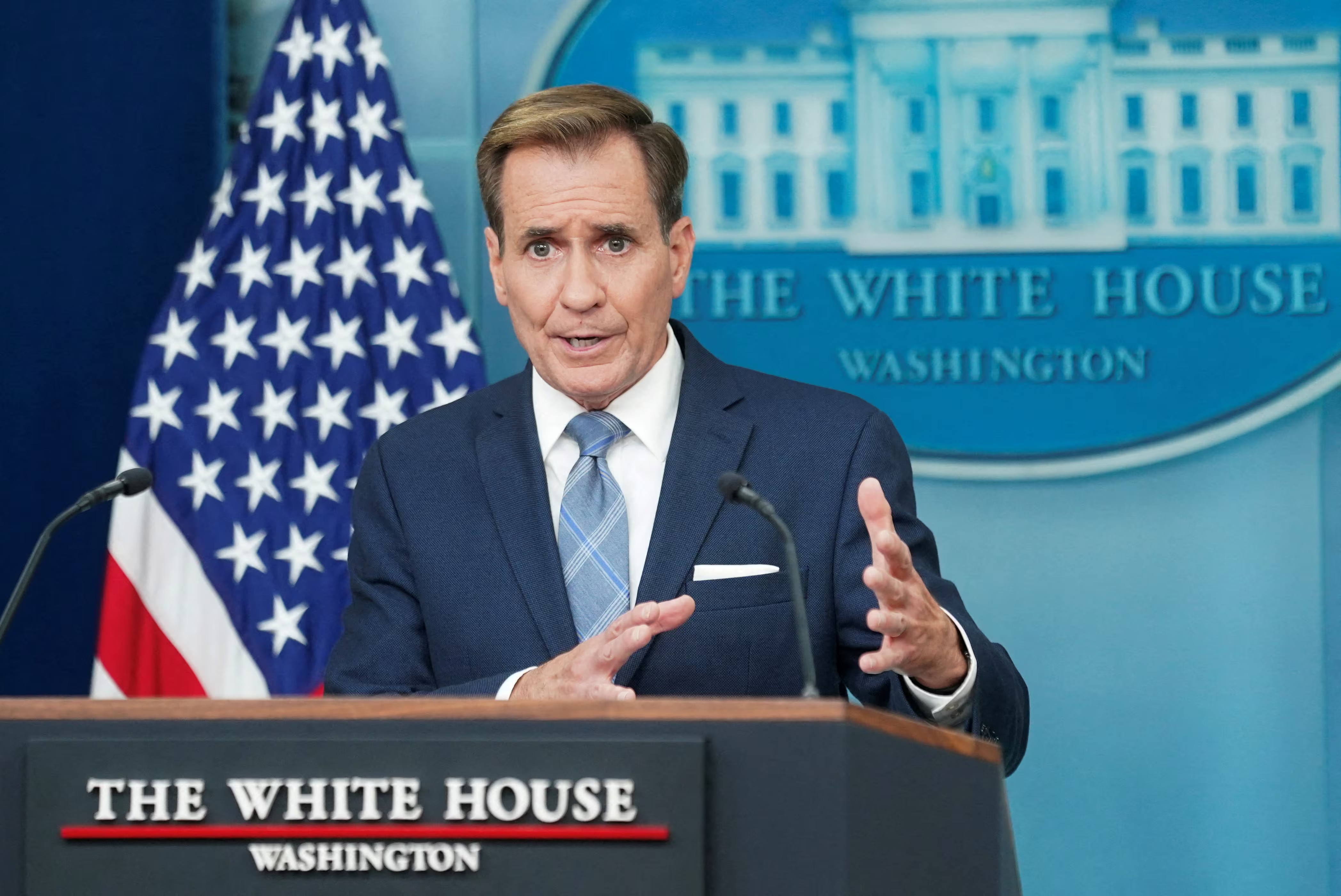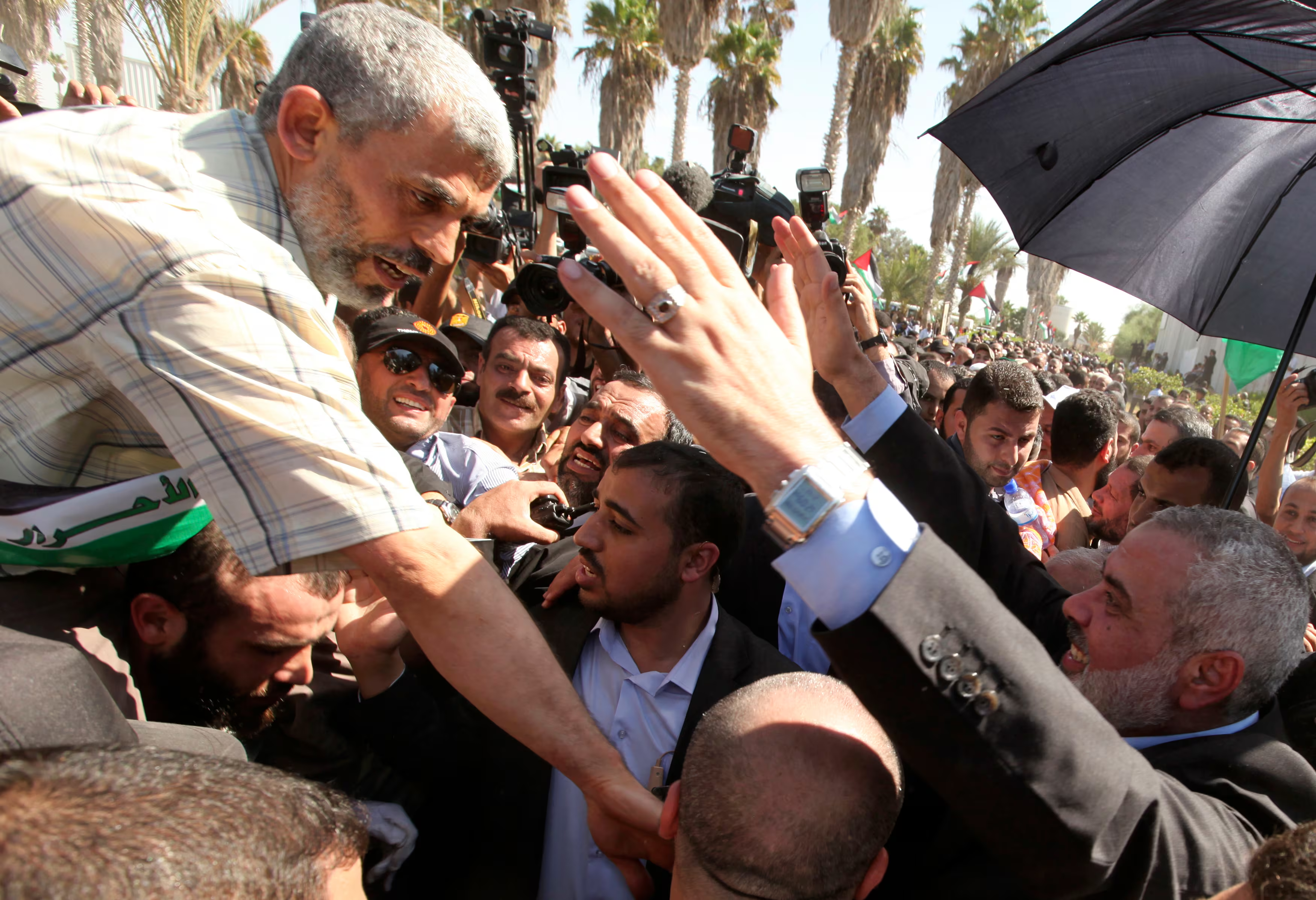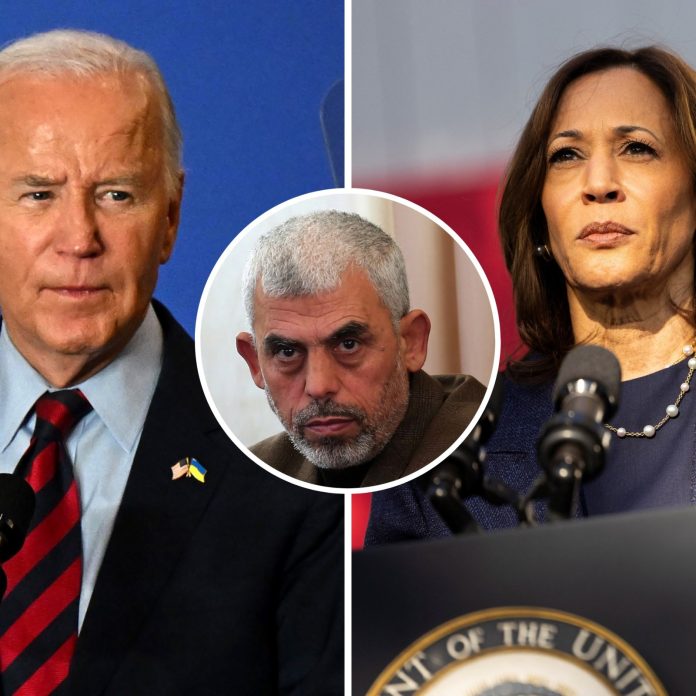Israel’s recent killing of Hamas leader Yahya Sinwar, a key figure in the deadly October 7 attack on southern Israel, is being framed as a major victory. However, Israeli leaders are moving quickly to lock in broader strategic gains. Military and diplomatic sources indicate that Israel is using the conflict as an opportunity to reshape the region in its favor, aiming to establish buffer zones and secure its borders from future threats, particularly from Hamas in Gaza and Hezbollah in Lebanon.

With the U.S. presidential elections approaching, Israel is accelerating its military operations in both Gaza and Lebanon, hoping to establish new realities on the ground before the next American administration takes office. According to sources familiar with Israeli strategic thinking, Prime Minister Benjamin Netanyahu wants to inflict as much damage as possible on Hamas and Hezbollah before considering any ceasefire agreements. The ultimate goal, sources say, is to prevent any regrouping by these militant groups and their chief backer, Iran.
Sinwar’s killing has placed pressure on Israel from the U.S. President Joe Biden’s administration to deescalate the conflict in Gaza. Yet, Netanyahu appears willing to wait until after the U.S. elections, anticipating a potential change in American leadership. Given Netanyahu’s close relationship with former President Donald Trump, he may prefer dealing with a new administration more aligned with his hardline policies. Meanwhile, Israeli forces continue to push into northern Gaza’s densely populated areas, including the Jabaliya refugee camp, raising concerns from U.N. agencies that Israel may be attempting to clear out parts of the territory.

In addition to Gaza, Israel has expanded its military campaign against Hezbollah in southern Lebanon. Over the past month, Israeli forces have been engaged in ground operations aimed at driving Hezbollah back from Israel’s northern border, seeking to push the Shi’ite militant group behind the Litani River. The ultimate objective is to enforce United Nations Security Council Resolution 1701, which calls for disarming Hezbollah and ensuring the area south of the river remains free of armed groups.
Despite facing international criticism, including for incidents involving U.N. peacekeepers, Israel argues that military action is the only viable way to enforce the resolution. Lebanese authorities report that the Israeli offensive has displaced more than 1.2 million people, mostly from Hezbollah-supporting communities. Israeli officials maintain that this military push is necessary to guarantee the safe return of tens of thousands of Israelis evacuated from the northern border.
As the fighting intensifies, Israel is also preparing a response to an Iranian missile attack from earlier this month. Israeli Defense Minister Yoav Gallant has warned that the retaliation will be “lethal, precise, and unexpected,” though he stressed that Israel does not wish to open new fronts with Iran. The Middle East remains on edge, with fears that any Israeli retaliation against Iran could lead to a wider regional conflict and disrupt global oil markets.

Meanwhile, diplomatic efforts to revive U.N. Resolution 1701 are ongoing. Lebanese authorities have expressed a willingness to deploy troops to enforce the resolution once a truce is reached. However, Israeli officials seem intent on pushing their military advantage, seeking to solidify territorial and strategic gains before entering any serious negotiations. Israel’s U.N. Ambassador Danny Danon has called for a more robust mandate for U.N. peacekeepers in southern Lebanon to deter Hezbollah, though no formal discussions have been initiated at the U.N. Security Council.
In Gaza, Israel’s offensive has raised concerns about long-term territorial changes. Some sources suggest that Israel intends to create a buffer zone along Gaza’s border, although how deep it would be and how it would be enforced remains unclear. Israeli officials deny any plans to forcibly clear residents from northern Gaza, insisting that the military operations aim to neutralize Hamas fighters and prevent further attacks.

Iran remains a significant focus of Israel’s military strategy. Following the Iranian missile strike, the possibility of escalation looms large. Israel’s response could impact regional stability, particularly given the delicate balance of U.S.-Iran relations. While President Biden has sought to re-engage Iran on the nuclear deal, Israel views Iran’s nuclear ambitions as an existential threat and has been critical of U.S. attempts to negotiate with Tehran.
As the conflict continues, Netanyahu’s refusal to consider a ceasefire before the U.S. elections has led to speculation about his political motivations. Some diplomats believe that any breakthrough in negotiations could benefit U.S. Vice President Kamala Harris, who is running in the upcoming election. Netanyahu, however, may prefer to hold out, hoping for a Trump victory that could lead to stronger U.S. support for his policies in the region.
For now, Israel’s leadership seems determined to use the ongoing conflict to redraw the region’s map, purging its enemies from its borders and creating a new status quo that ensures its long-term security. The death of Yahya Sinwar may have been a major tactical win, but for Netanyahu and his government, the broader strategic ambitions are far from achieved.




